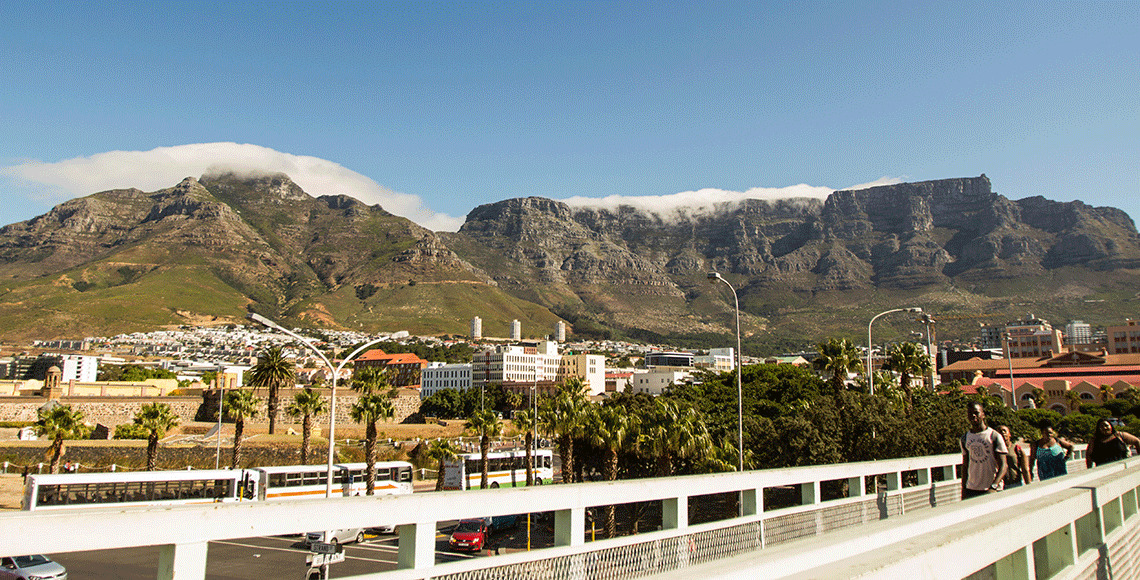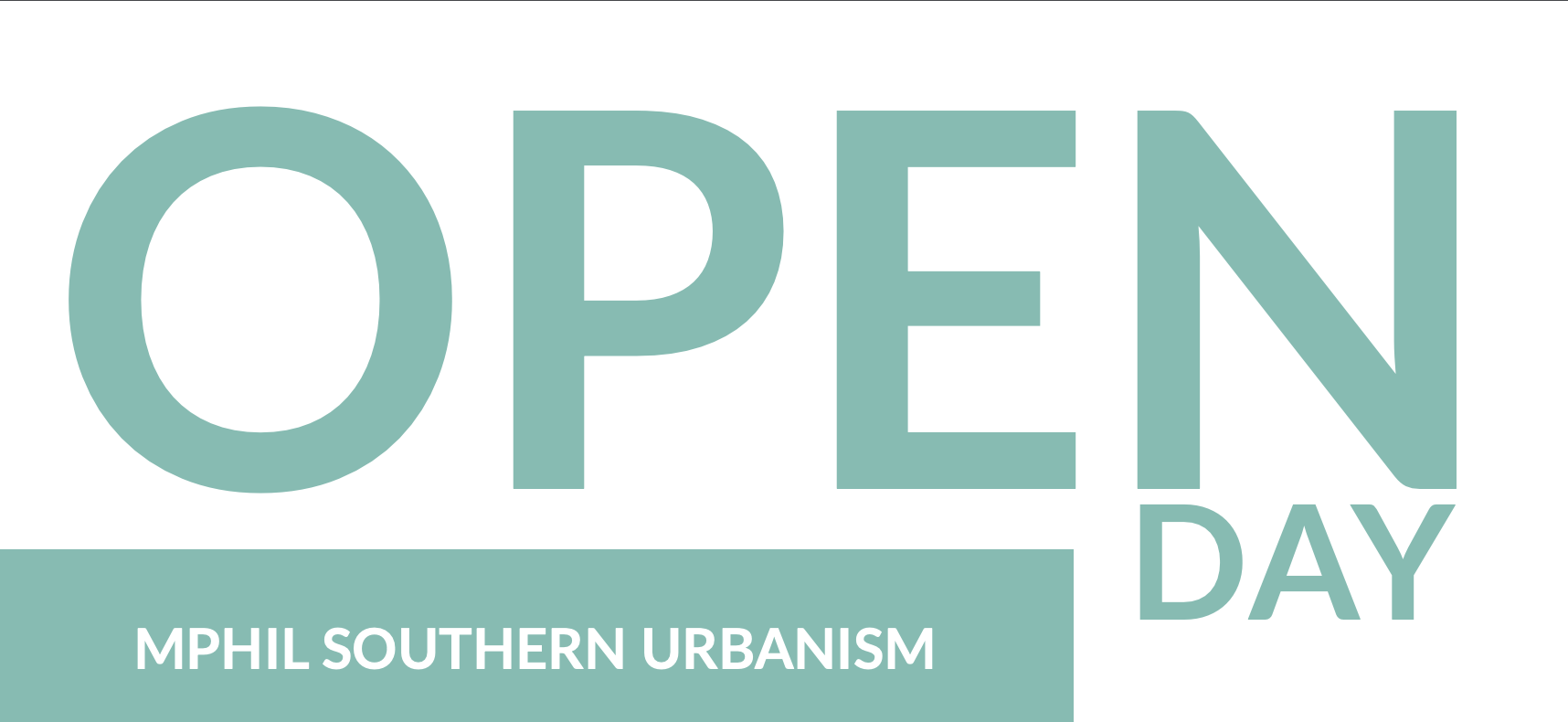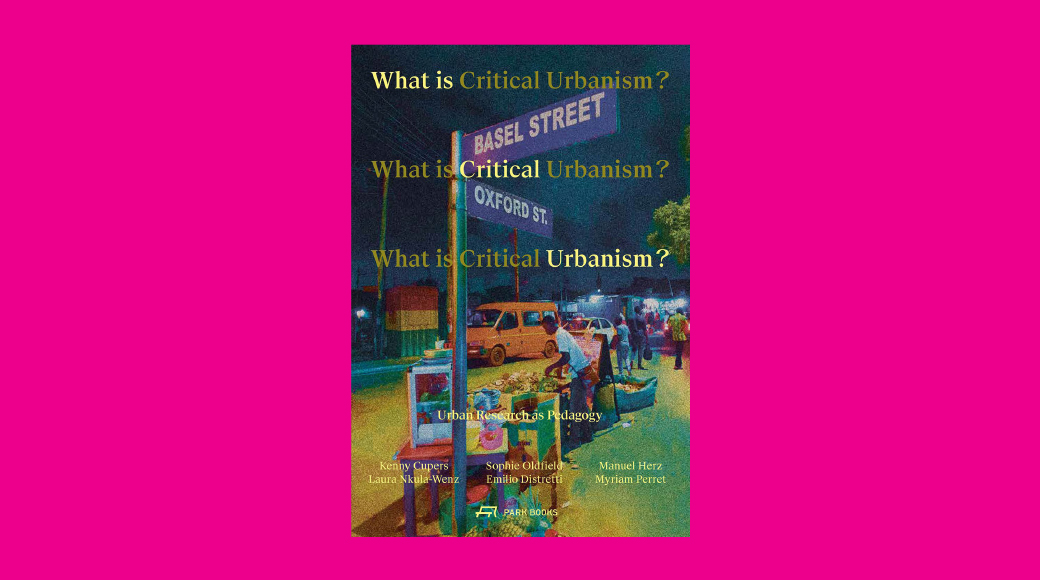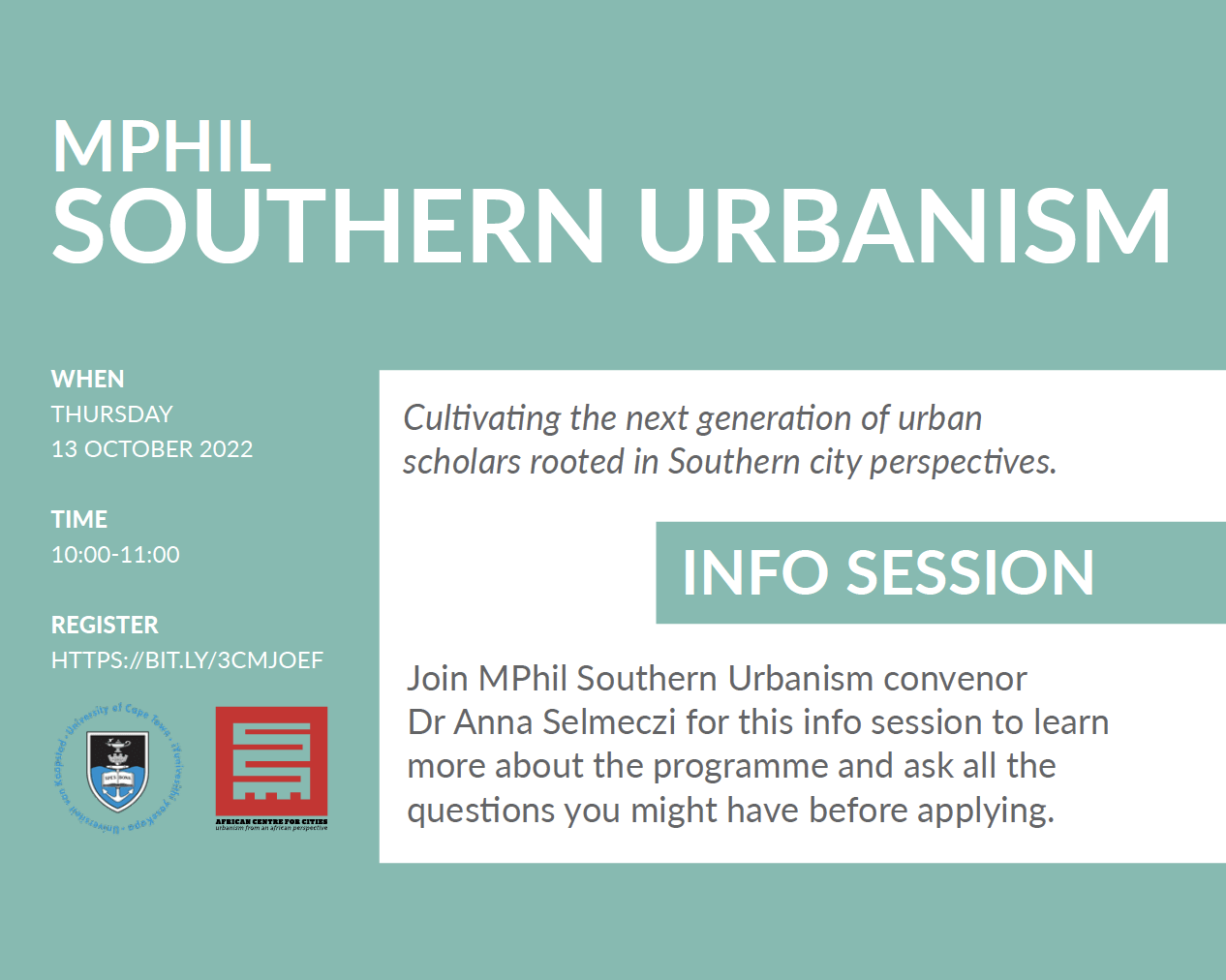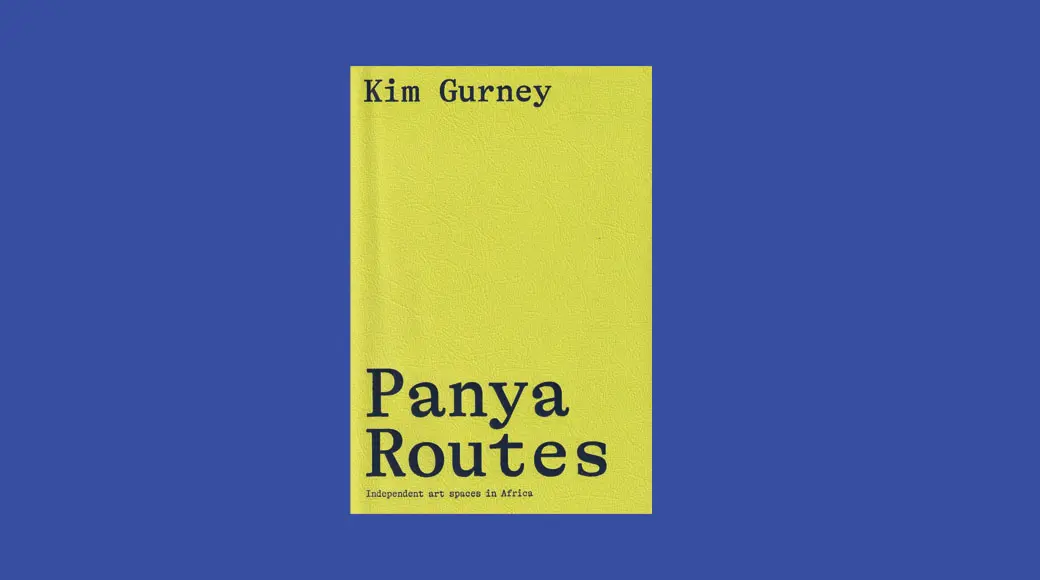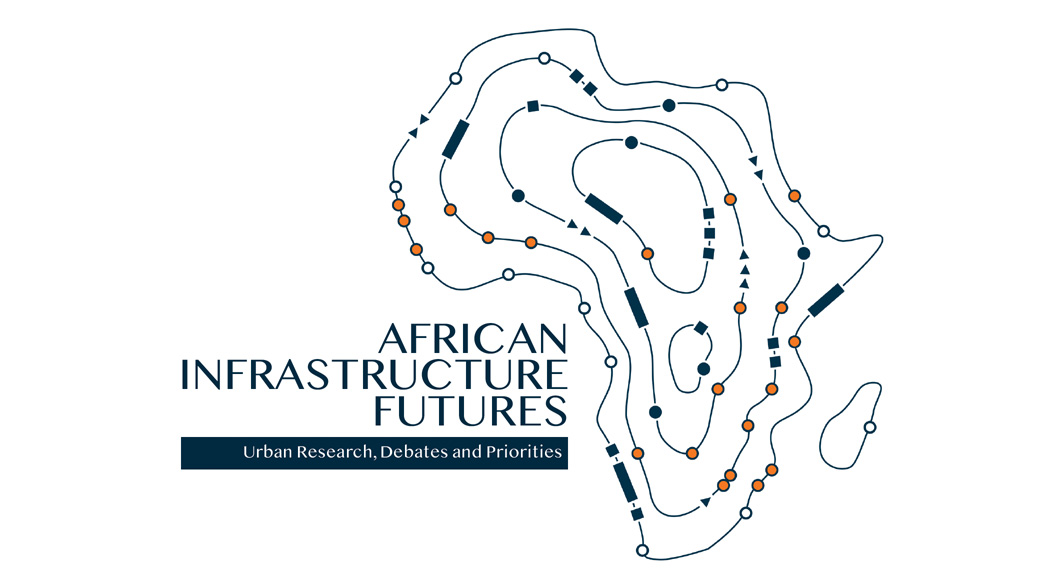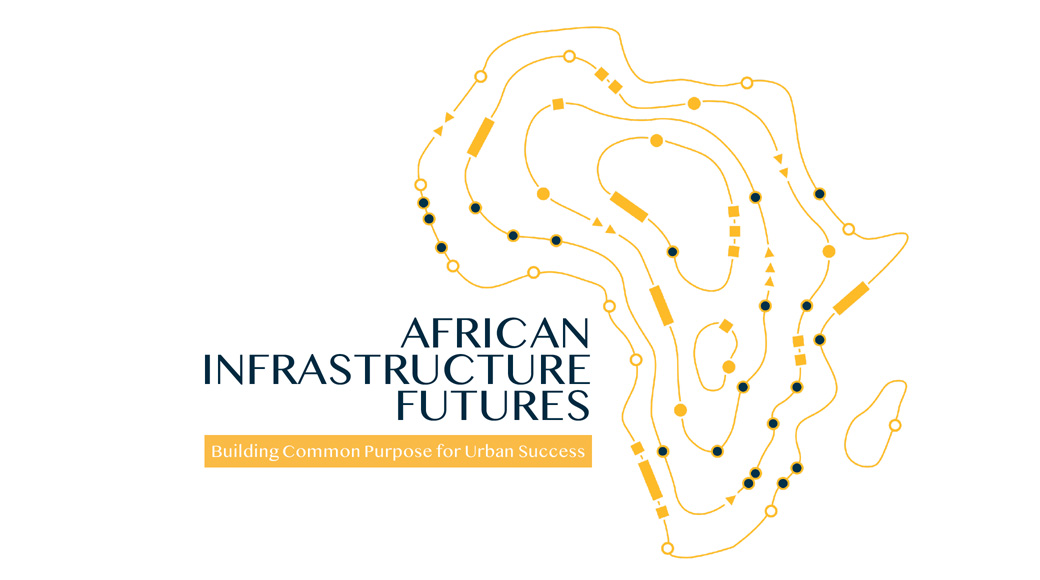SEMINAR | Thinking problematically about the city: Planning as a site of innovation
African Centre for Cities (ACC) invites you to join us for an in-person seminar with Dr James Duminy, ACC Honorary Research Associate, and Lecturer at the School of Geographical Sciences, and Bristol Poverty Institute, at the University of Bristol. The seminar entitled Thinking problematically about the city: Planning as a site of innovation, takes place...
